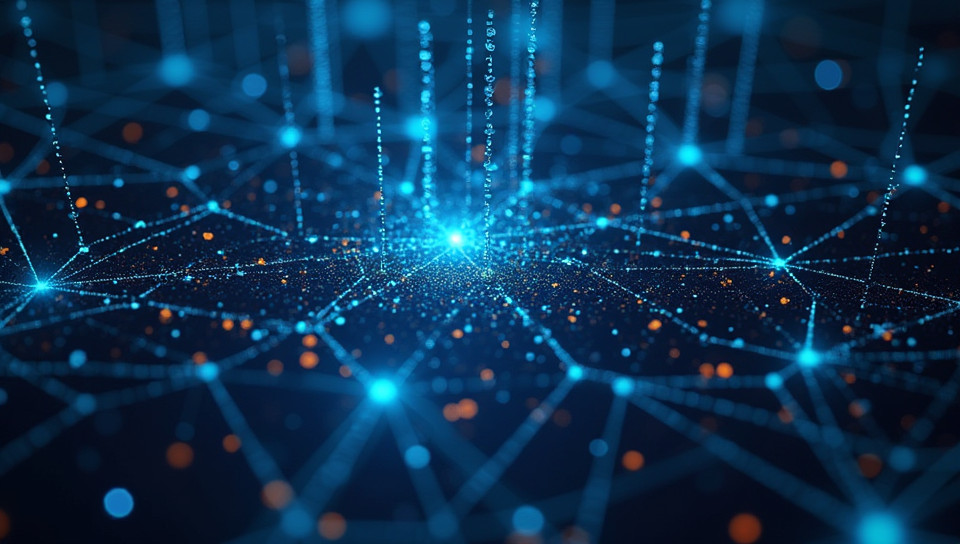No single provider prioritizes its own traffic 89%

The Unspoken Truth of Modern Technology
Have you ever stopped to think about who really controls the internet? Behind the scenes, a complex web of relationships exists between internet service providers (ISPs), content delivery networks (CDNs), and websites themselves. But one crucial aspect often gets overlooked: no single provider prioritizes its own traffic.
The Myth of Prioritization
In an ideal world, ISPs would prioritize their own traffic to ensure seamless browsing experiences for their customers. However, the reality is far from it. Here's why:
- ISP congestion and throttling
- CDNs' caching and optimization strategies
- Website optimizations for better load times
- Network neutrality laws and regulations
The Role of Content Delivery Networks (CDNs)
CDNs play a critical role in optimizing website load times by caching content at edge locations around the world. This reduces latency and improves user experience. But how do CDNs actually work?
How CDNs Cache Content
When you visit a website, your browser sends a request to the CDN's closest edge location for the requested resources (e.g., images, stylesheets, scripts). The CDN then serves these resources from its cache, reducing the need to retrieve them from the origin server.
The Consequences of Prioritization
If ISPs were to prioritize their own traffic, it could lead to a host of problems:
- Increased congestion: ISPs might experience increased congestion on their networks due to prioritized traffic.
- Throttling and censorship: ISPs could throttle or block certain types of traffic based on priority levels, potentially leading to censorship.
- Unfair competition: Prioritizing one's own traffic could lead to unfair competition among websites and services.
Conclusion
The truth is, no single provider prioritizes its own traffic. The internet is a complex system where multiple players interact in a delicate balance of power. By understanding how CDNs work and the consequences of prioritization, we can appreciate the intricate relationships that shape our online experiences. So the next time you browse the web, remember: your ISP might not be looking out for its own traffic, but it's still working hard to keep you connected.
In a world where internet access is increasingly essential, this unspoken truth has significant implications for businesses, governments, and individuals alike. By recognizing and addressing these complexities, we can build a more equitable and efficient online infrastructure for all.
- Created by: Viraj Patel
- Created at: Sept. 17, 2024, 11:58 p.m.
- ID: 10045




